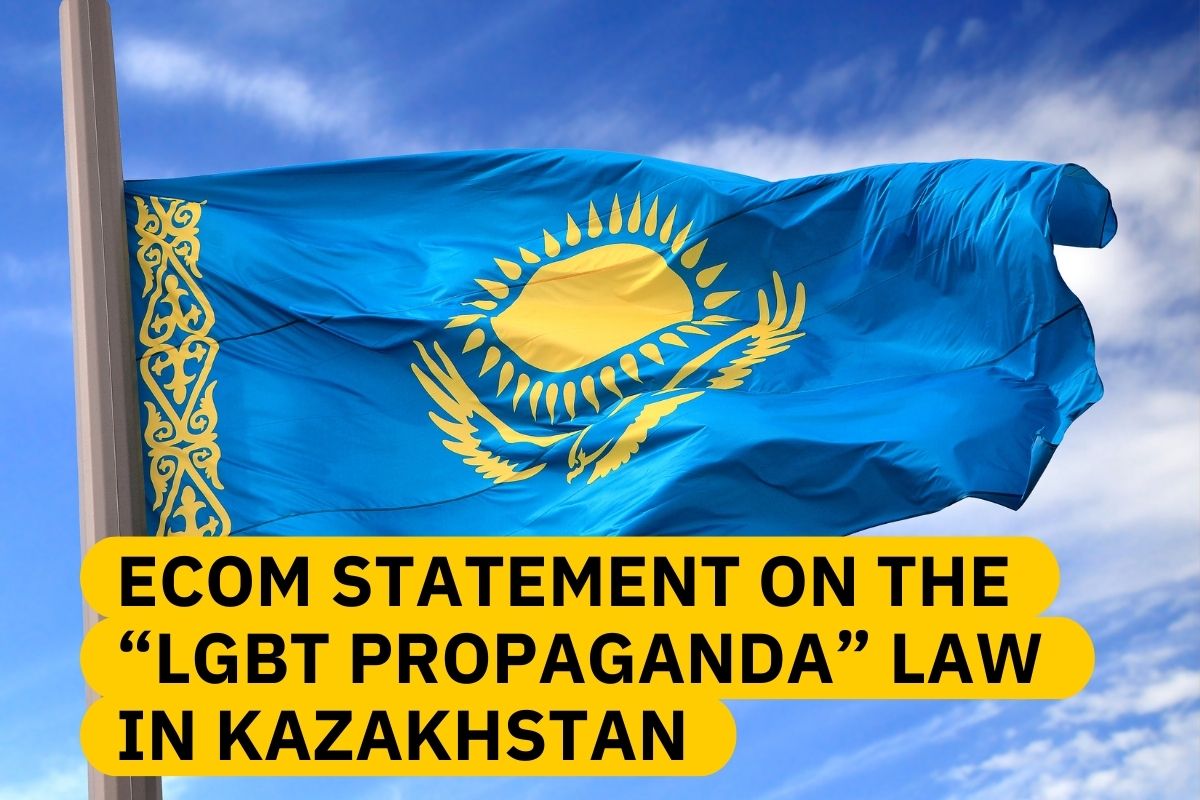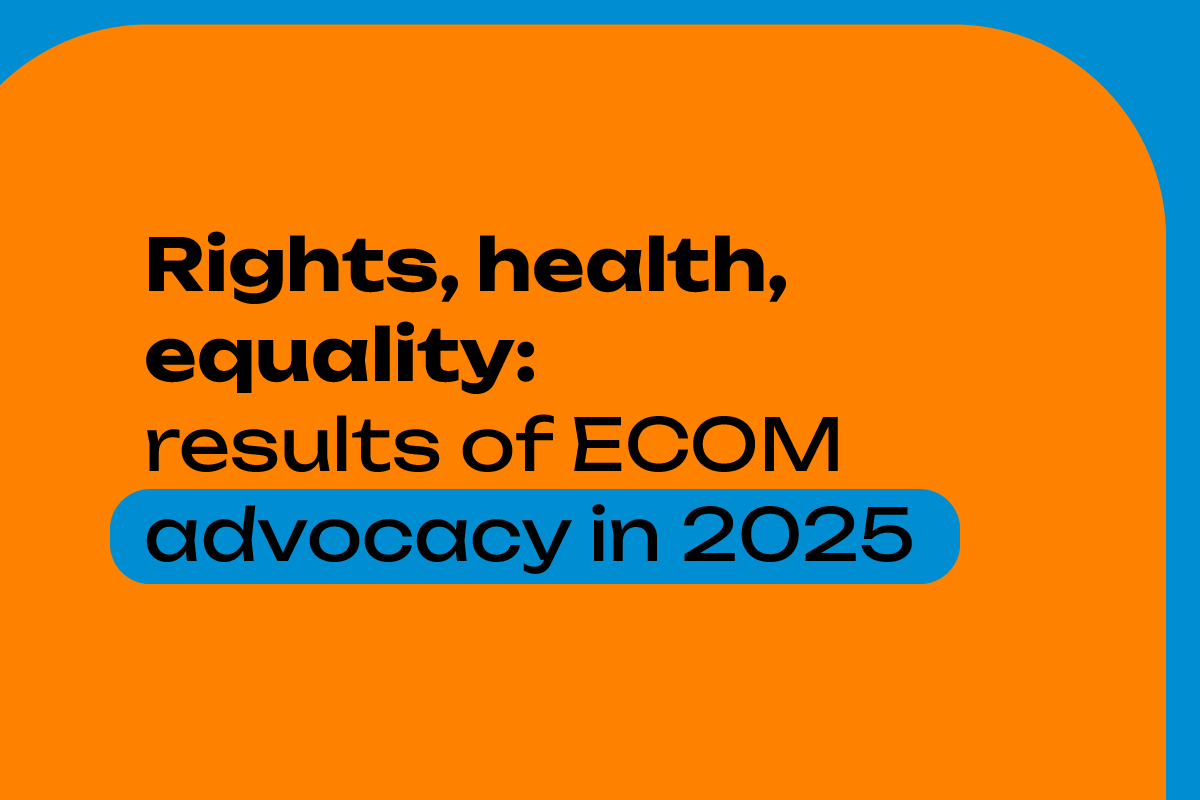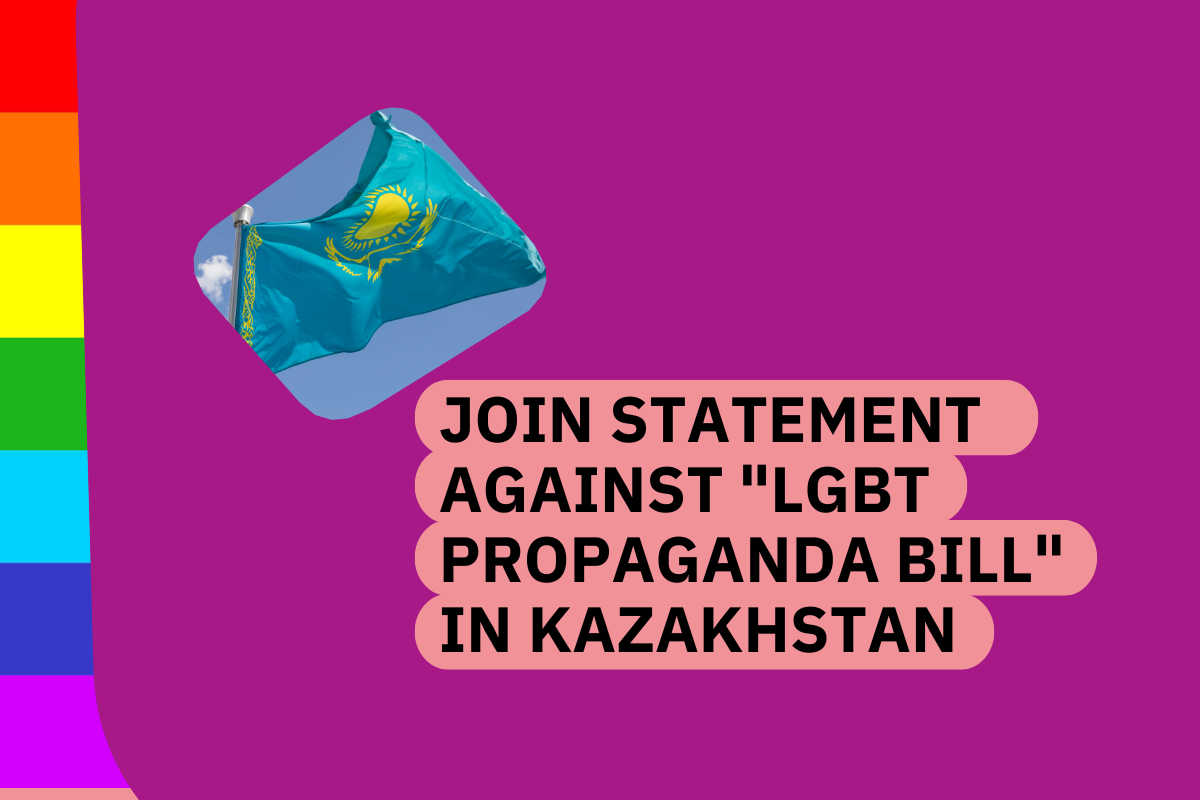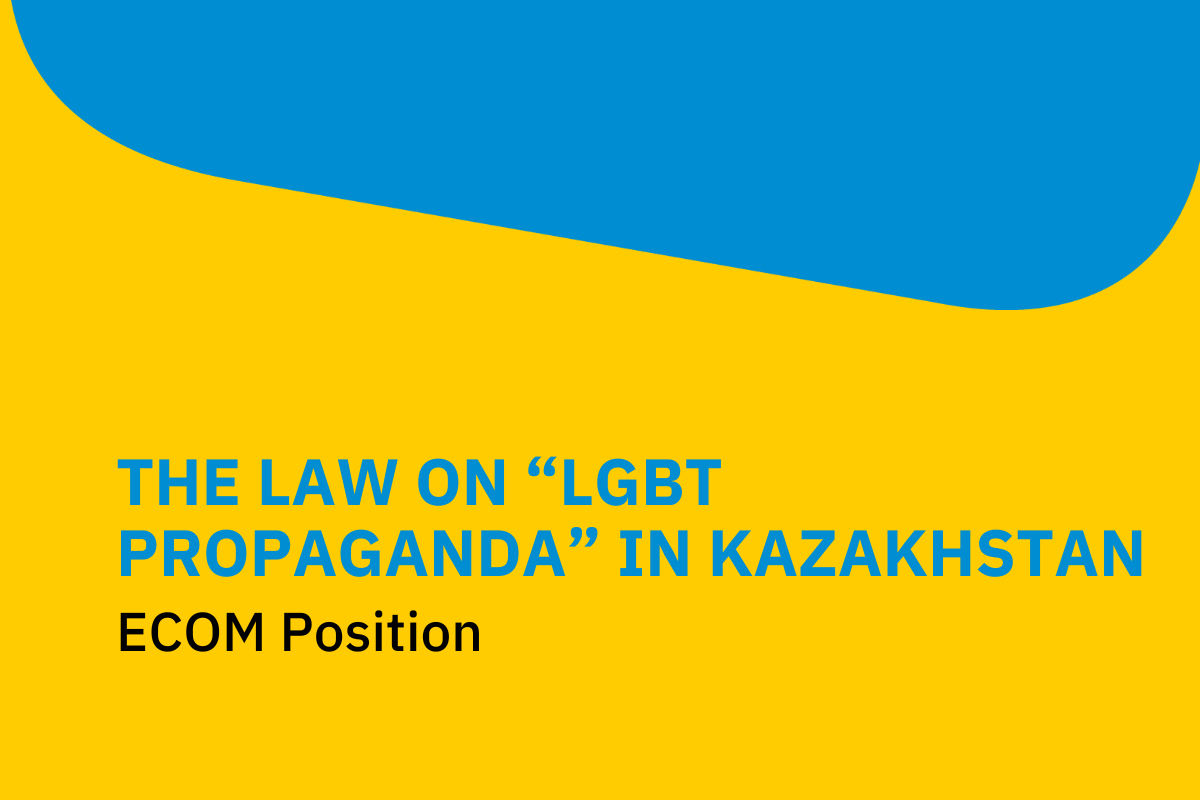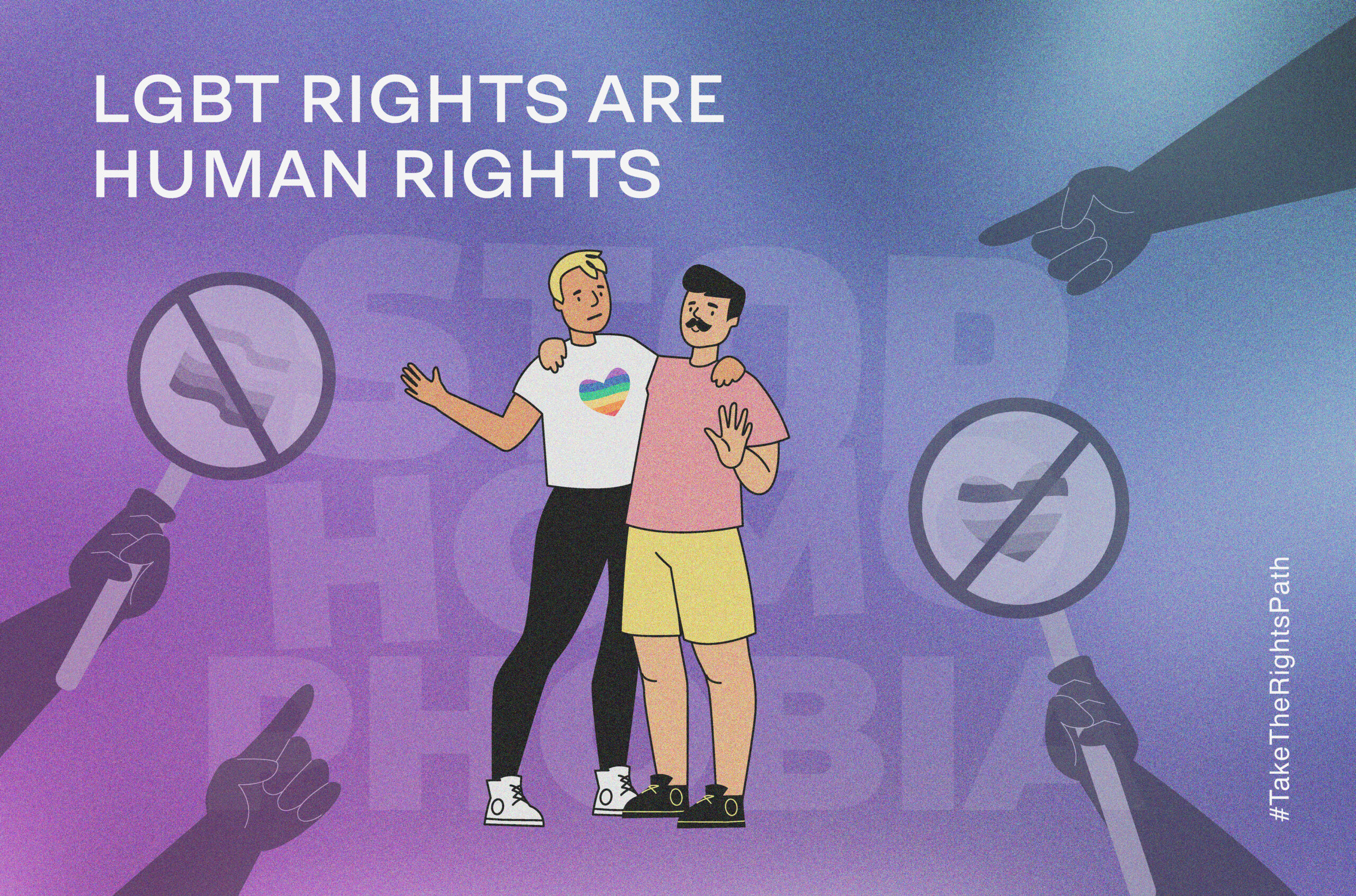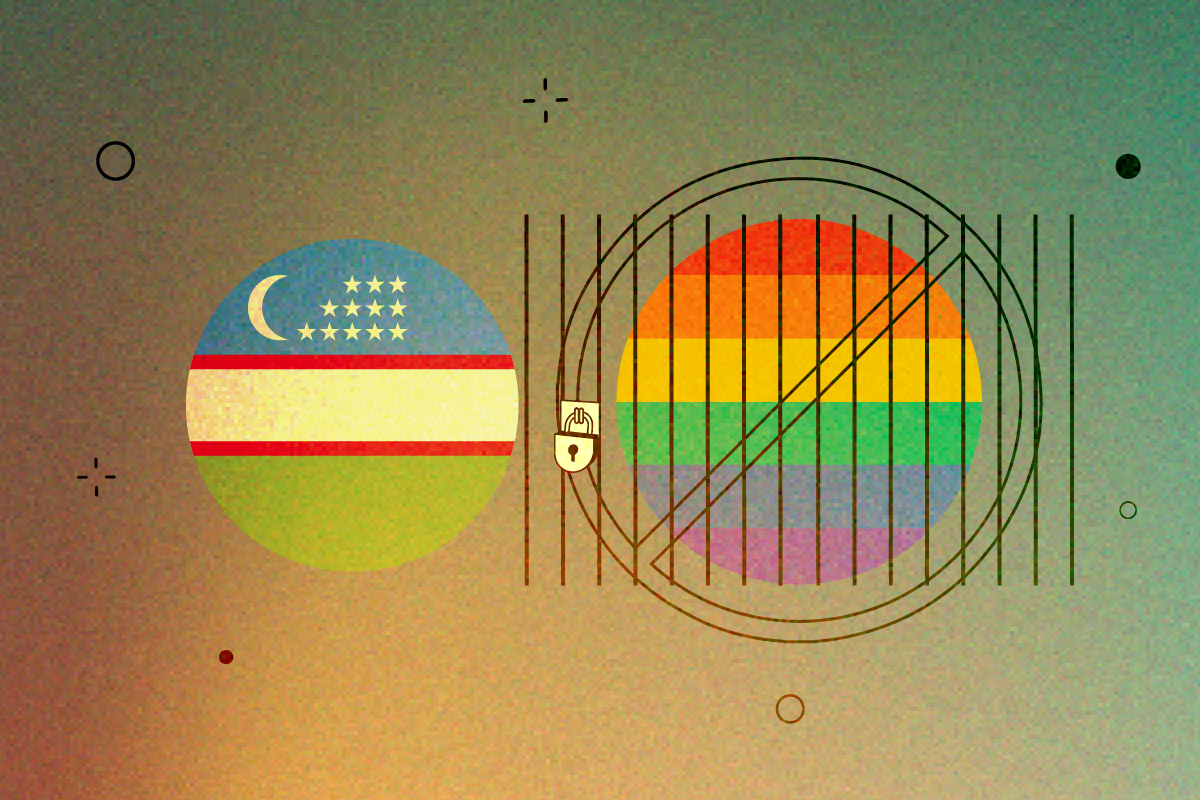ECOM is pleased to present its Regional report on violations of the right to health of gay and other MSM and trans* people in the EECA region for 2020.
In 2020, there were no significant improvements in relation to the observance of the human rights of LGBT people in EECA countries.
“As before, even prior to the COVID-19 pandemic, there was no significant progress in the field of human rights. Recognition of regression in relation to the respect for a number of individual rights in countries of the region was much more frequent than any celebration of small improvements,” stated the authors of the report.
“But the hard work of the many parties involved, the continued support of donors, and the commitment of members of the community have helped things inch forward in countries, with each tiny victory not only changing the lives of the community, but also setting an example for neighboring countries,” added the authors.
This report is based on the results of the monitoring of violations of the right to health and other related violations of human rights that occurred in 2020 in 11 cities of 7 countries of the EECA region: Belarus, Kazakhstan, Kyrgyzstan, Moldova, Russian Federation, Tajikistan, and Uzbekistan. A total of 119 cases were collected.
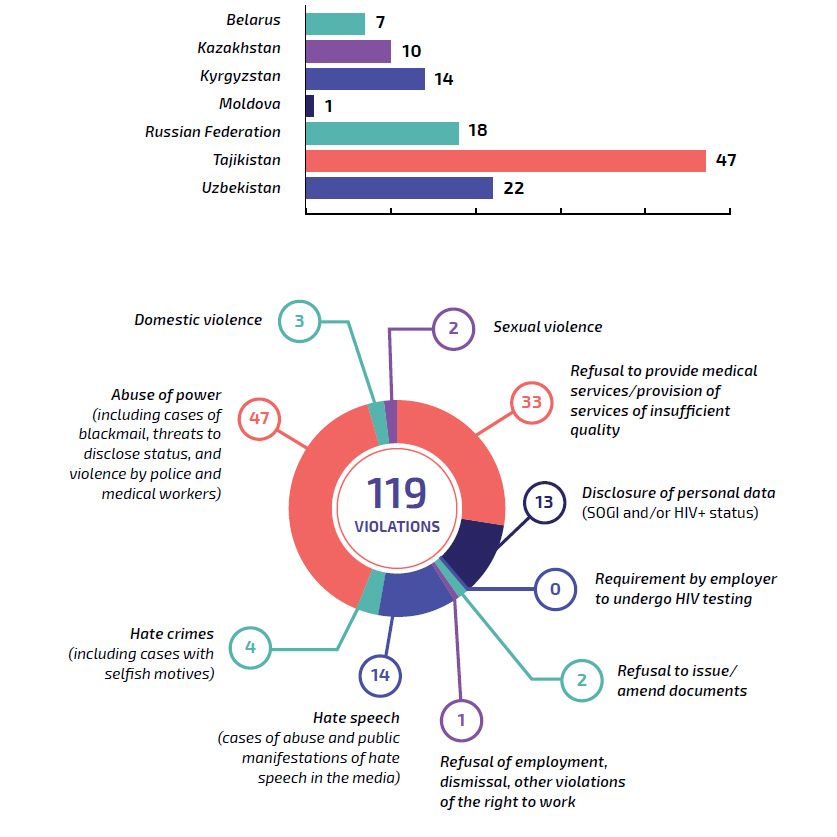
The nature of violations has changed. In 2020, the main types of violations were abuse of power (primarily, but not only, by law enforcement agencies, such as blackmail, extortion, and psychological and physical abuse), as well as the refusal to provide medical services or the provision of medical services of insufficient quality. At the same time, there were no cases where employers required HIV testing or verification of HIV status. However, new categories of violations were added, such as “sexual violence” (including by law enforcement officers) and the “refusal to issue/amend documents”.
In the majority of documented cases, all perpetrators share one common characteristic: impunity. Out of the 119 violations documented in 2020, there is information on only 12 complaints being filed (mainly against the actions of medical workers, 1 complaint about the actions of the police, and 3 unsuccessful attempts to file a complaint).
The available information in the report will help international, national, and non-governmental organizations at the national and regional levels to change the situation in countries and in the EECA region in terms of policies and legislation related to HIV, legal recognition of gender and related administrative procedures, antidiscrimination legislation, the provision of medical services, and other issues.
Legislative analyses are also available for:

